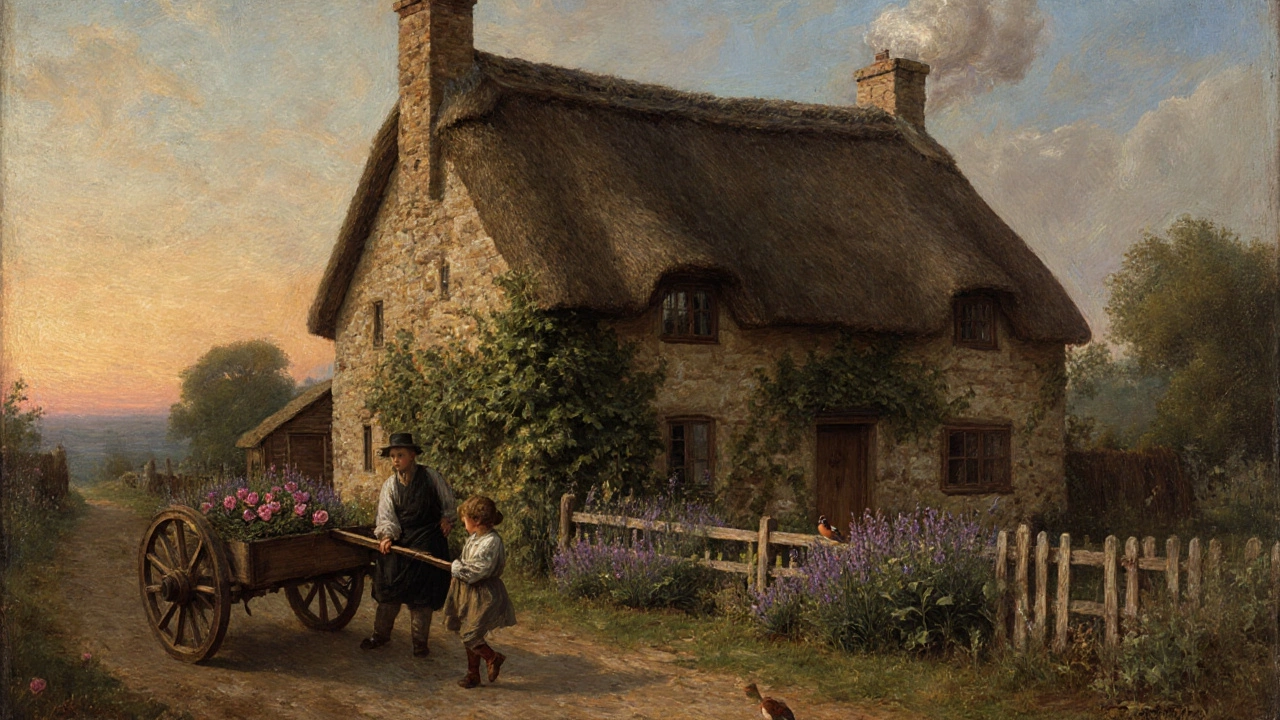Discover the true origin of the word “cottage,” its evolution across centuries, and how the term shapes architecture, culture, and modern living.
Cottage Etymology: The Story Behind the Word
If you’ve ever booked a cozy stay at a English cottage, you might wonder why we call these tiny homes “cottages”. The answer isn’t just about size – it’s a word that’s traveled through centuries, shifting with the lives of the people who lived in them.
Old English Roots
The earliest form of cottage appears in Old English as cot or cotte, meaning a simple shelter or hut. Back then, a cot was a modest, often thatched building made of timber, wattle and daub. By the Middle Ages, the suffix “‑age” was added, turning the word into cotage, which later became the modern “cottage”.
In medieval England, a cottage usually housed a peasant family who worked the land of a larger manor. These homes were small, functional, and built with whatever material was at hand. The word carried a clear social signal – it wasn’t a manor house or a grand hall, just a basic dwelling for everyday folk.
From Rural Dwelling to Holiday Home
Fast forward to the 18th and 19th centuries. As the industrial revolution reshaped cities, the countryside became a place of escape for the newly wealthy. They started buying old farm cottages, refurbishing them, and turning them into weekend retreats. The term “cottage” began to pick up a touch of romance – a picture‑perfect, quiet spot away from the city’s hustle.
Today, when we talk about a “cottage holiday”, we’re mixing that historic meaning with modern comfort. A self‑catering cottage still echoes the original idea – a small, independent building where you can cook, relax, and enjoy the surroundings. Yet, most of them now boast Wi‑Fi, heating, and stylish décor, far from the rough‑hewn huts of centuries past.
Understanding the word’s roots helps you spot the real cottage experience. Look for properties that retain traditional features – exposed beams, a stone fireplace, maybe a garden path – while still offering the amenities you need. Those details are the language of the original “cot”, reminding you why the name feels so right.
In short, “cottage” started as a plain word for a humble shelter, grew into a marker of rural life, and finally evolved into a brand for cozy getaways. The next time you book a cottage, you’ll know you’re not just choosing a place to stay; you’re tapping into a piece of English history that’s been repurposed for modern relaxation.
